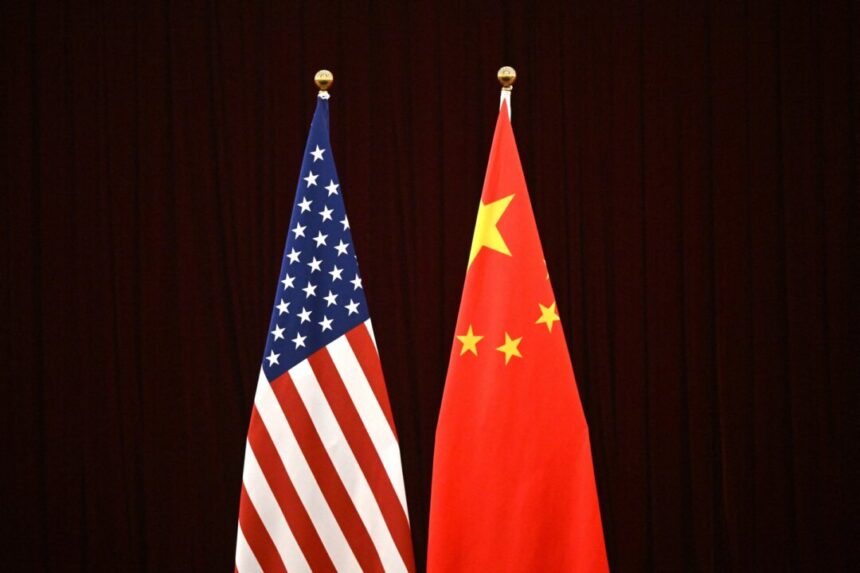Commentary
From conflicts in Ukraine to terror attacks and tensions in the Middle East and South China Sea, the world is facing multiple crises. The root causes can be traced back to strategic mistakes made by the United States in dealing with China and failing to balance against its rise. This has put the U.S. in a vulnerable position, potentially losing its dominant status to a resurgent China aligning with Russia and Iran. Understanding these reasons is crucial in navigating this challenging global landscape.
First, the U.S. underestimated the threat posed by China, believing in the myth of inevitable democratization and economic liberalization. This led to a pattern of dismissing or downplaying the risks posed by China.
Second, U.S. business interests prioritized economic gains over strategic concerns, enabling China’s economic ascent and integration into the global economy. This influence also shaped U.S. political responses, promoting the idea of engagement with China as a means to foster economic prosperity and international cooperation.
Third, Chinese leader Deng Xiaoping employed a sophisticated political strategy to downplay China’s true intentions and manipulate Western elites into supporting China’s rise. This strategy focused on enriching and influencing key decision-makers to serve China’s interests without revealing its true ambitions.
As a result, China now poses a significant threat to U.S. national security through its aggressive actions in various regions and alliances with hostile powers like Russia and Iran.
To address this threat effectively, the U.S. must first acknowledge China as a strategic adversary seeking to undermine American interests.
Second, investing in education and cultivating strategic thinking among future leaders is essential to counter China’s influence and ideology.
Third, strong presidential leadership is needed to mobilize a comprehensive response against China’s threats.
Fourth, the intelligence community must reassess its assumptions about China and prioritize identifying and countering its hostile actions.
Fifth, the U.S. military must adapt to China’s military advancements and prioritize rebuilding its naval capabilities to counter Chinese maritime strategies.
The U.S. must confront the consequences of its past policies and take decisive action to counter the growing influence of China, Russia, and Iran. This requires breaking free from past mistakes, prioritizing national security, and challenging the dominance of the Chinese Communist Party.
Views expressed in this article are opinions of the author and do not necessarily reflect the views of The Epoch Times.
Can you please rewrite this sentence?
Source link





